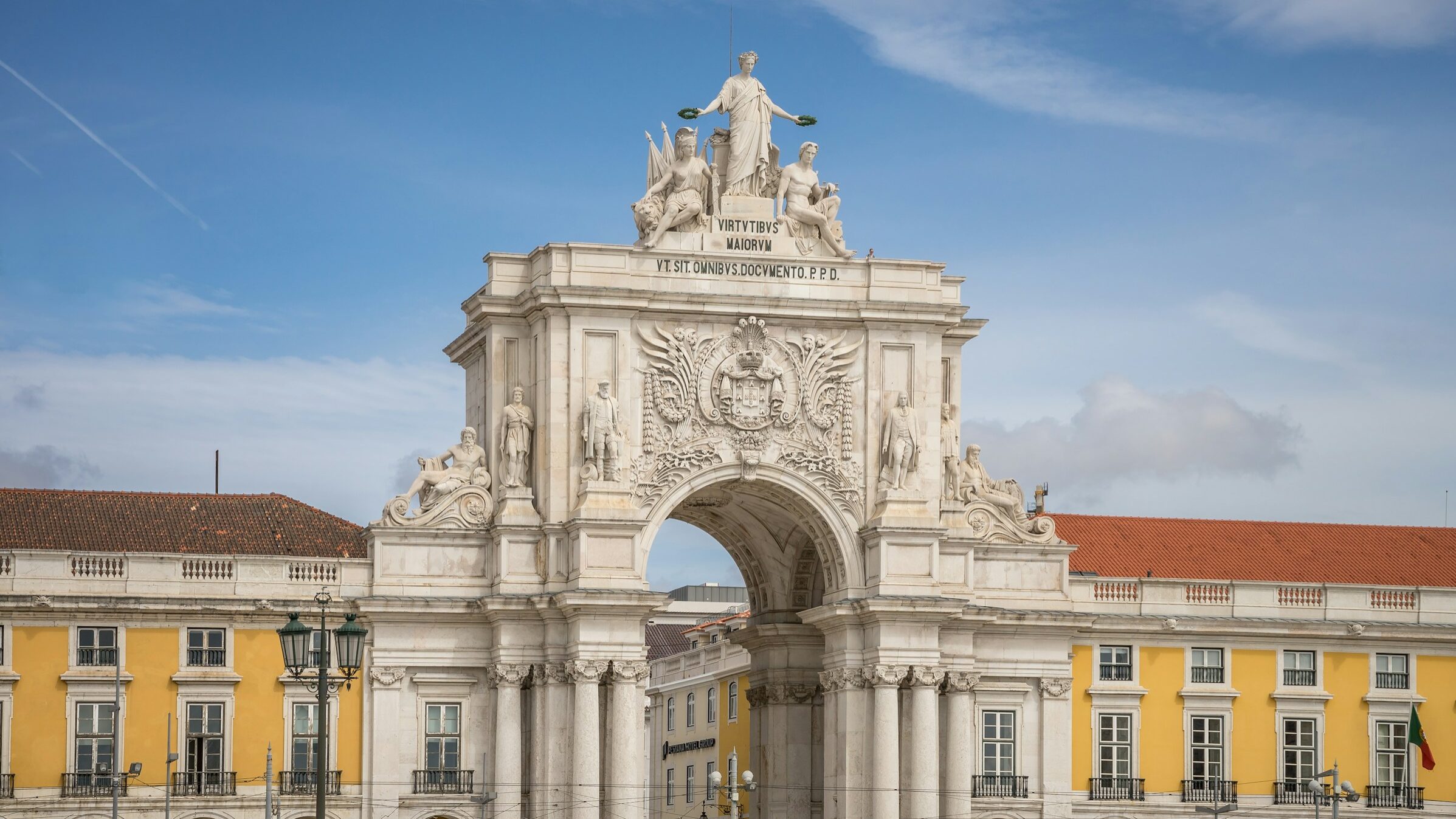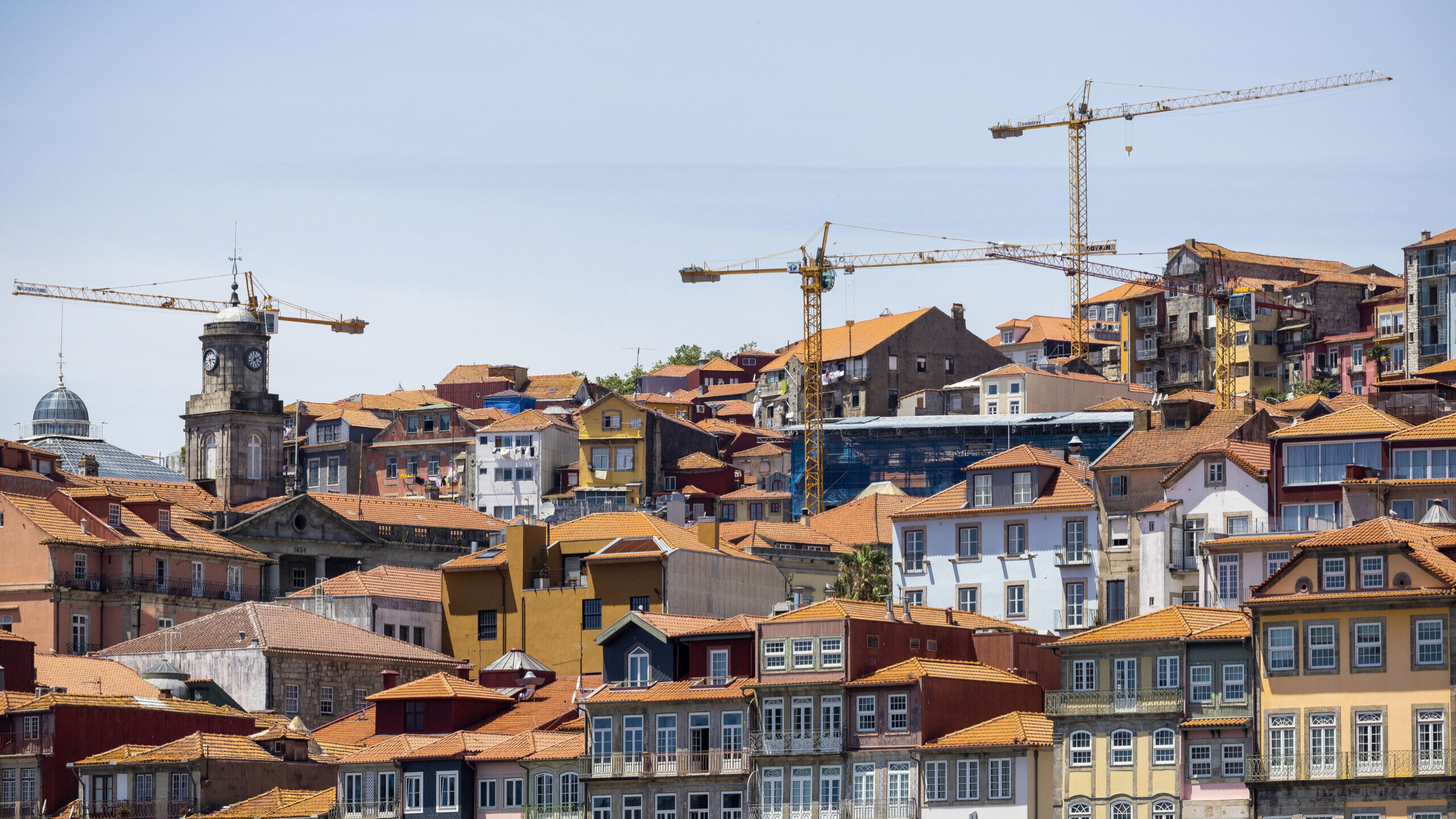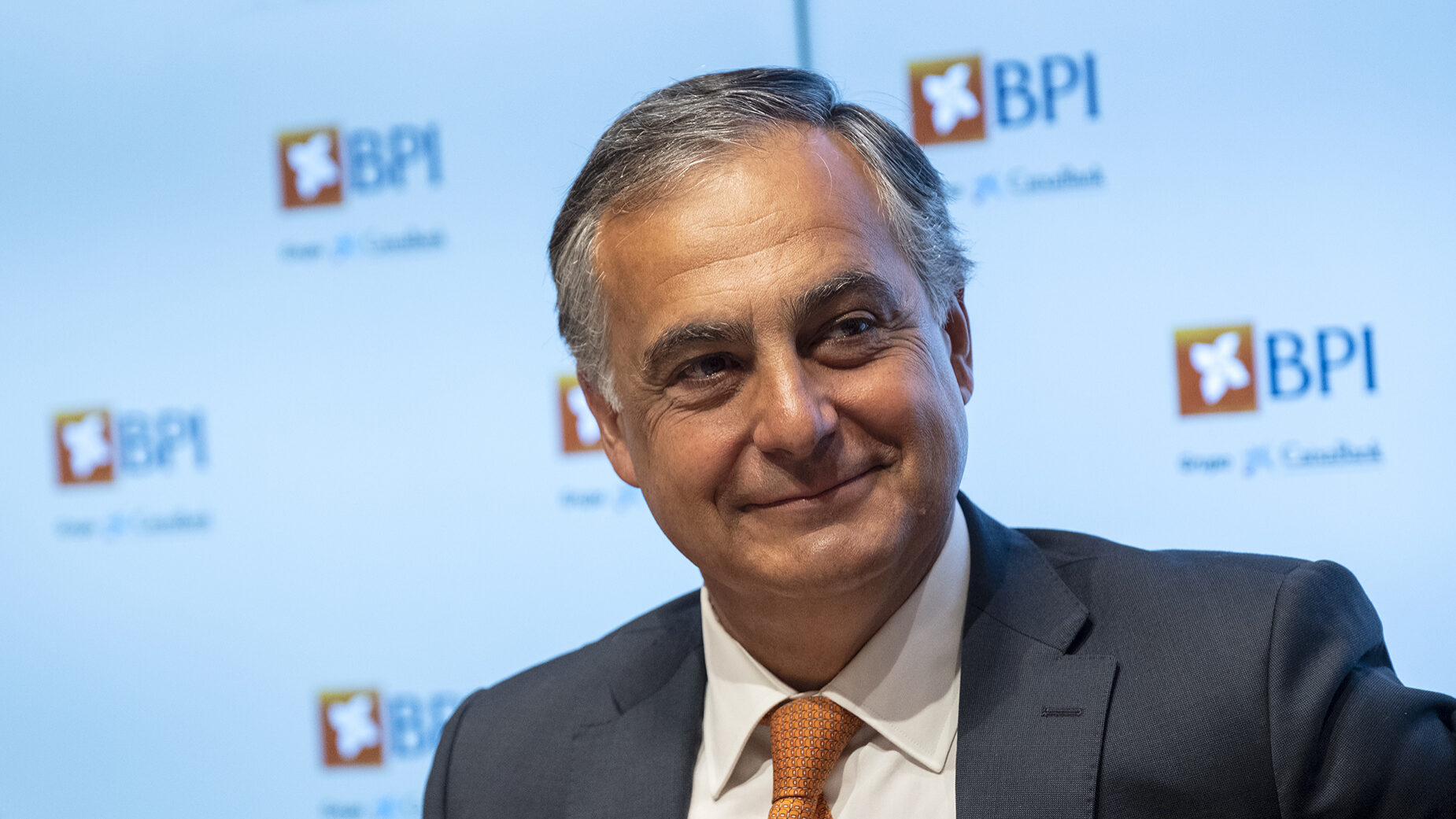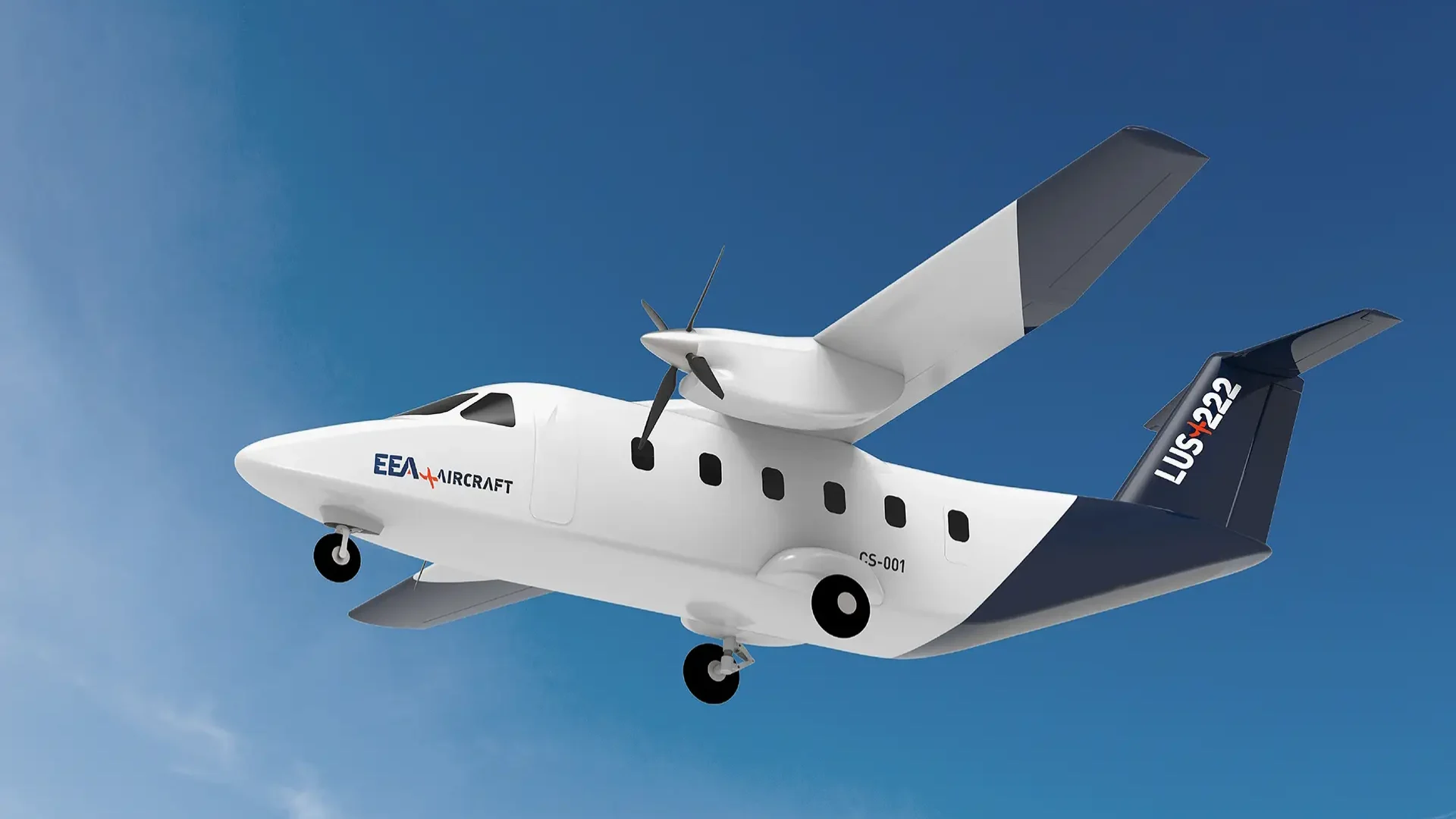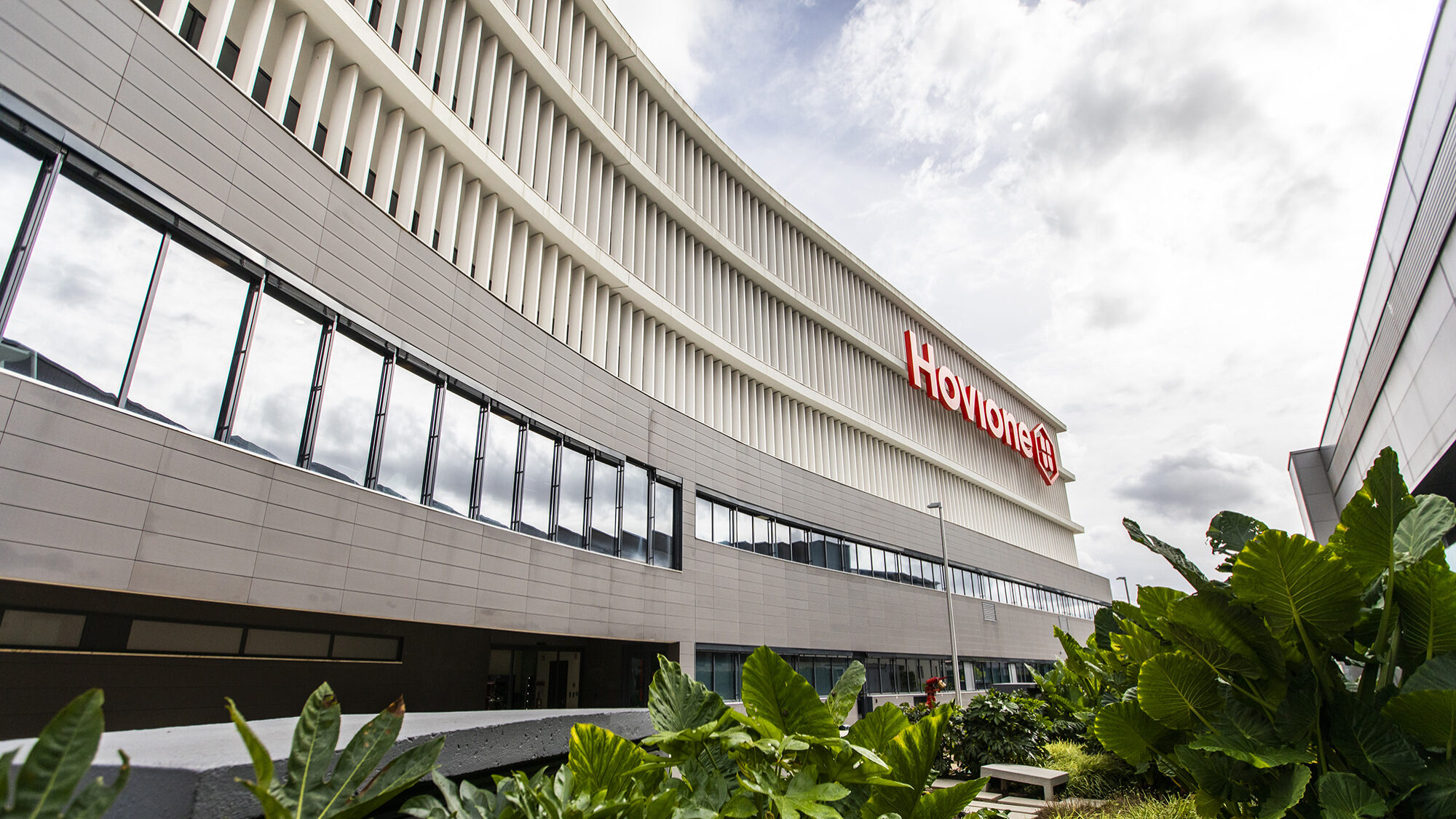Air France-KLM CEO sees government wanting to exchange shares in TAP
Investing in TAP only makes sense if the Franco-Dutch group can manage the Portuguese company "without interference", even though the majority of the capital will remain public, says Benjamin Smith.
Air France-KLM has not yet made a decision on submitting a bid for the privatisation of TAP, but it will happen “very quickly”, says the CEO. What is certain is that, if it goes ahead, the Franco-Dutch group will always want to have control of management. Benjamin Smith believes that the Portuguese government wants a state stake in the group’s parent company, as is the case in France and the Netherlands.
“From a capital structure point of view, if the Portuguese government wants to maintain a stake, we see the Portuguese government taking a position at group level, as we have with the Netherlands”, Benjamin Smith said during a press conference with Portuguese journalists in Amsterdam on Friday. “There are a number of scenarios where the Portuguese state can have guarantees”, he added.
The Air France-KLM group’s largest shareholders are the French state, with 28%, and the Dutch state, with 9.1%. The exchange of shares is one of the possibilities allowed for in the specifications for the privatisation of 49.9% of TAP, of which 5% is reserved for employees. In this scenario, the Portuguese State would exchange 44.5% of the Portuguese company for a stake in the Air France-KLM group, which currently has a market value of around €3 billion.
Benjamin Smith says that the process with TAP could be identical to that of KLM in 2004, particularly in terms of the guarantees given to the Dutch government. “With KLM, we felt immense pressure to ensure that KLM did not lose its identity, that we maintained the brand, that the network of destinations would not be marginalised and that jobs would be retained”, he says.
These guarantees were also given to the Danish government in relation to Scandinavian airline SAS, in which Air France-KLM has held a 19.9% stake since 2024, announcing in July its intention to increase this to 60.5%, leaving Denmark with 26.4%. The group’s CEO guarantees that the same commitment “will be part of a proposal for TAP”.
Management “without interference” from the State
One thing is certain, the deal will only make sense for the Franco-Dutch group if it can freely manage the Portuguese company, even though the majority of the capital will remain public. “The most important thing for us is to be in a position to make commercial decisions at TAP. Investing in TAP is of no interest if we cannot manage the company”, said Benjamin Smith.
This is because only in this way will it be possible to extract synergies from the business, which include joint commercial management, more favourable prices for the purchase of aircraft and engines, the integration of the respective customer loyalty programmes (commonly known as miles) or technological systems.
“This is a very complex business with low margins. The French, Dutch and now Danish governments give us total flexibility and total control without interfering in the management of the companies. This will be our position”, said the manager.
The decree-law on the privatisation of 49.9% of TAP, of which 5% will go to employees, stipulates that the buyer will take control of management. The relationship between the new shareholder and the state will be defined through a shareholders’ agreement that will form part of the interested parties’ proposal. “We will have to make our proposal and it will have to be negotiated.”
The model under which Air France-KLM will compete is still open. “It could be just Air France-KLM, it could be with a financial partner, it could be an agreement between states. I wouldn’t rule out any of the possibilities”, said Benjamin Smith.
The executive committee is still finalising the proposal that will be submitted to the Air France-KLM board of directors. “We will decide very quickly whether we are going to submit an offer”, said the manager.
